

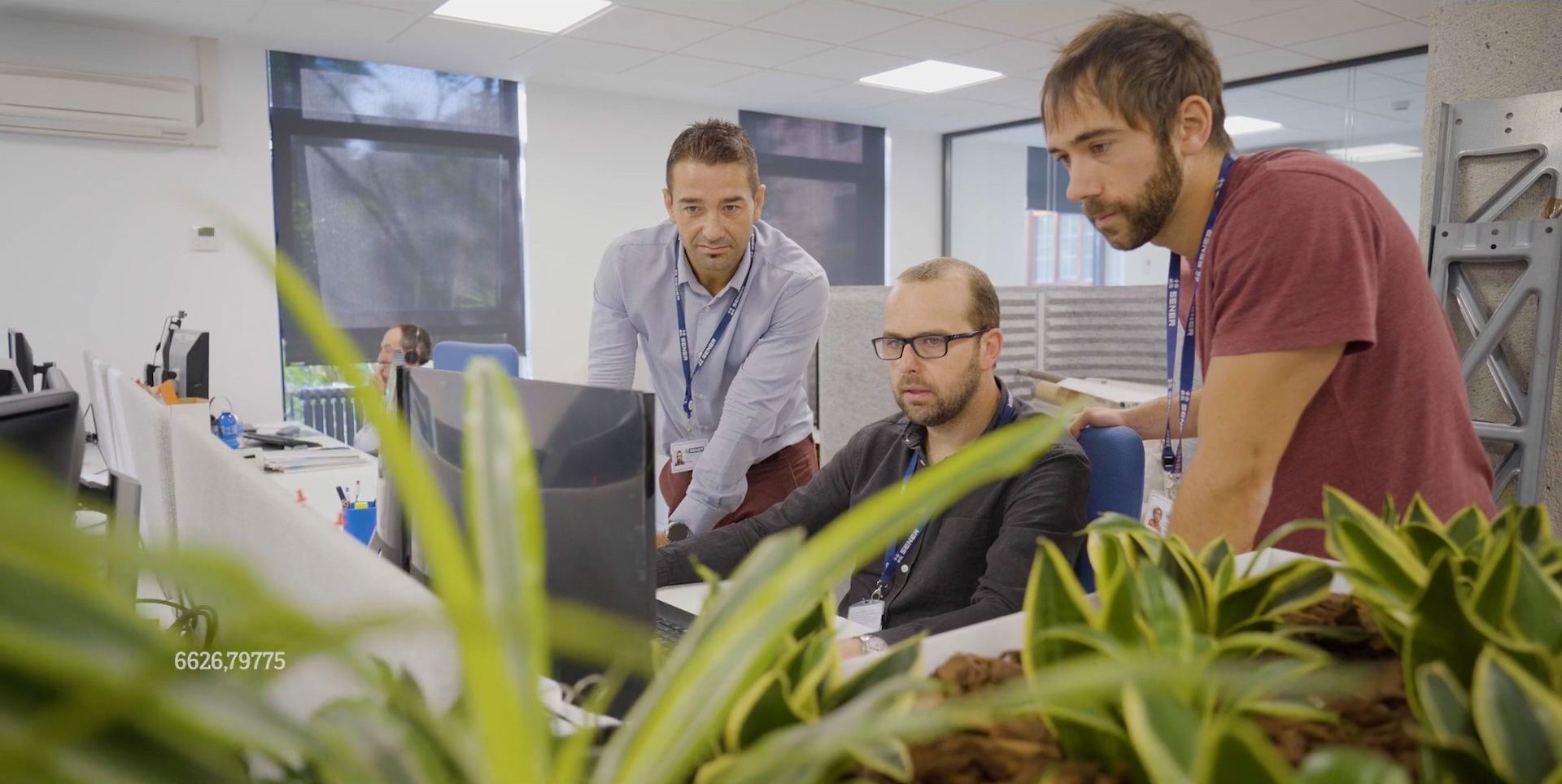

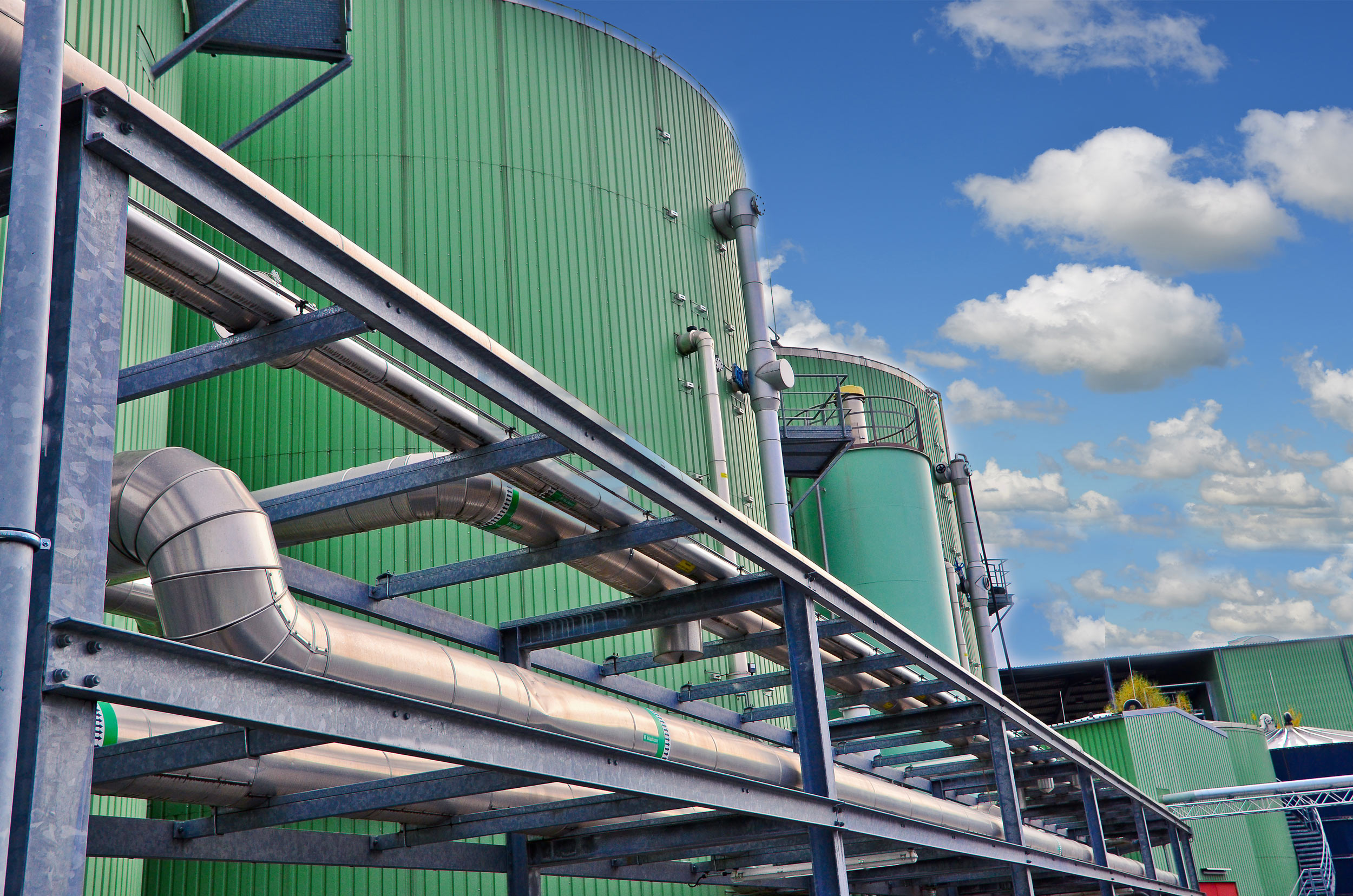
Driving decarbonization with alternative energy vectors
At Sener, we are committed to the development of sustainable fuels as key drivers of the energy transition. These fuels reduce dependence on fossil energy, lower emissions, and create new pathways for decarbonizing sectors that are difficult to electrify. By applying multidisciplinary engineering and innovative technologies, we design and deliver projects that integrate renewable gases, biofuels, and e-fuels into energy and industrial systems.
Comprehensive solutions for alternative fuels projects
Our work in sustainable fuels spans engineering, EPC delivery, and lifecycle support for production plants, industrial retrofits, and hybrid infrastructures.
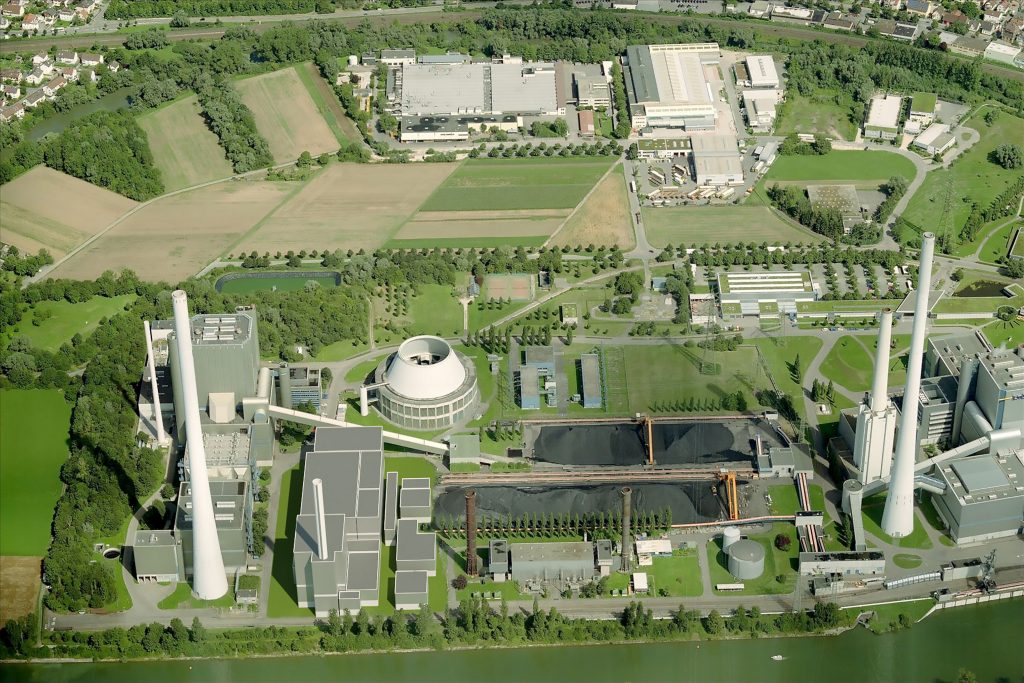
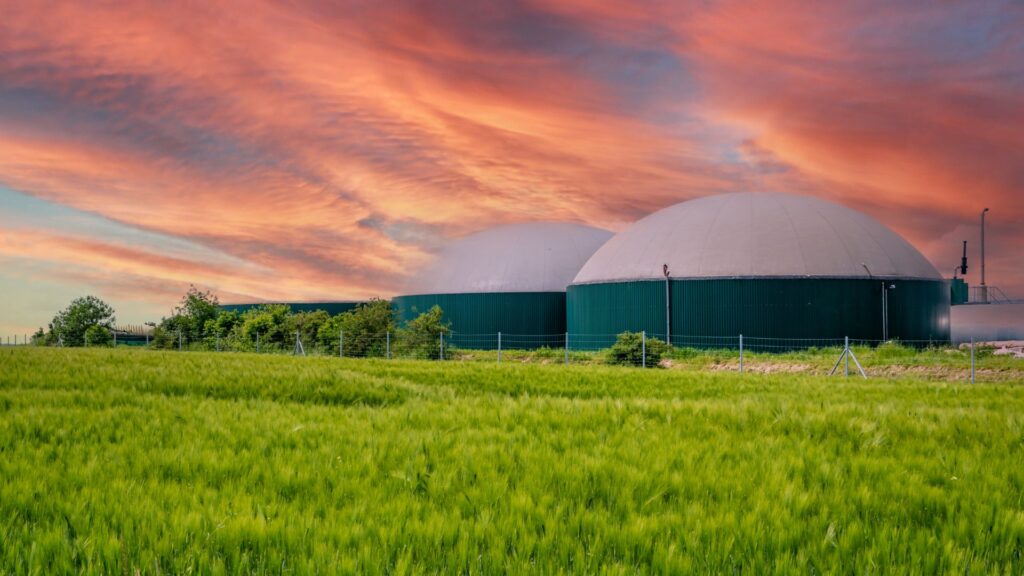
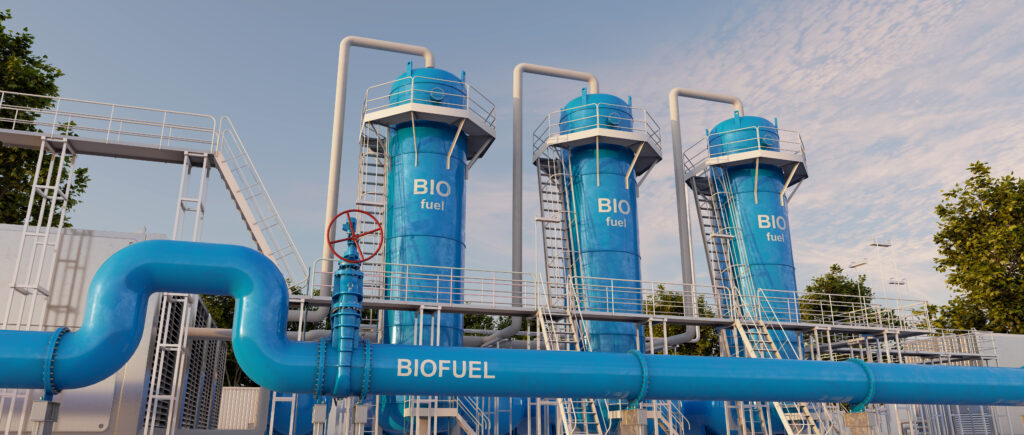
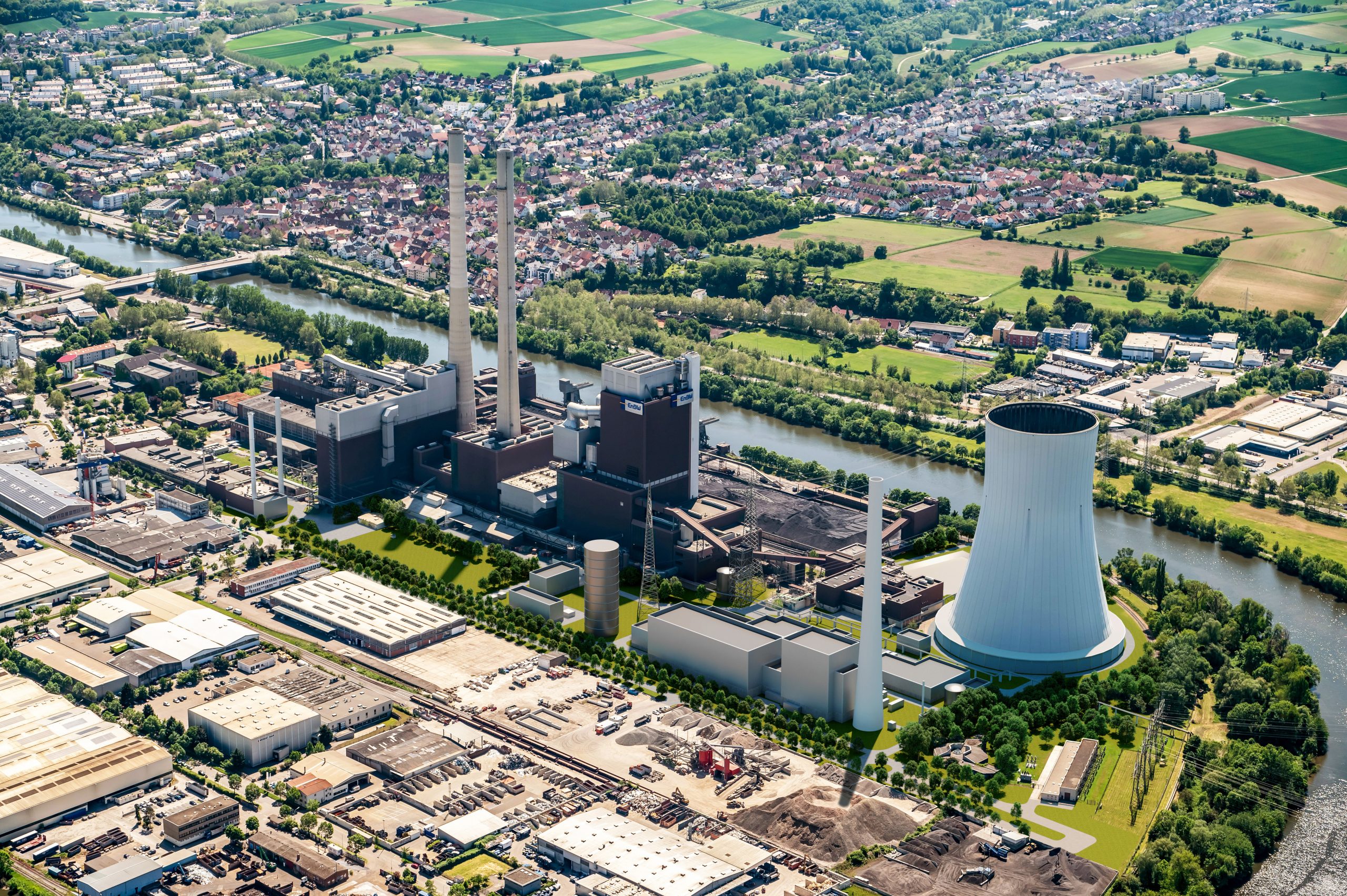
We design facilities for green hydrogen, biogas, synthetic fuels, and other renewable vectors, ensuring that projects are efficient, competitive, and compliant with stringent environmental standards.
Our engineering goes beyond design—we implement sustainable fuels solutions that are scalable, adaptable, and proven in real markets. Projects such as biogas recovery plants in Spain or hydrogen-ready combined cycle plants in Germany show how we embed future fuels into infrastructures that are already transforming energy landscapes.
Sener has been recognized for its capacity to integrate new fuels into large-scale industrial processes. We collaborate with the manufacturing industry to support roadmaps toward competitiveness and sustainability, delivering both consulting and execution under the same umbrella.
We apply a structured methodology based on monitoring, optimization, transformation, and management.
In monitoring, we analyze energy demand, available feedstocks, and regulatory conditions.
Optimization involves simulations of different vectors, whether biogas, syngas, hydrogen, or e-fuels, to define the most efficient solution.
Transformation is where design becomes reality: EPC delivery of plants, retrofits, and integration with existing assets.
Finally, management ensures that performance is maintained through predictive maintenance, upgrades, and adaptation to new feedstocks or technologies.
Our lifecycle approach ensures that sustainable fuels projects remain competitive and resilient. We embed flexibility for multiple feedstocks, hybrid configurations, and digital monitoring. By preparing assets to evolve with market and regulatory changes, we ensure that industries remain aligned with decarbonization objectives and gain long-term competitiveness.
Our portfolio includes international projects that demonstrate how alternative fuels and renewable gases can be implemented at scale.